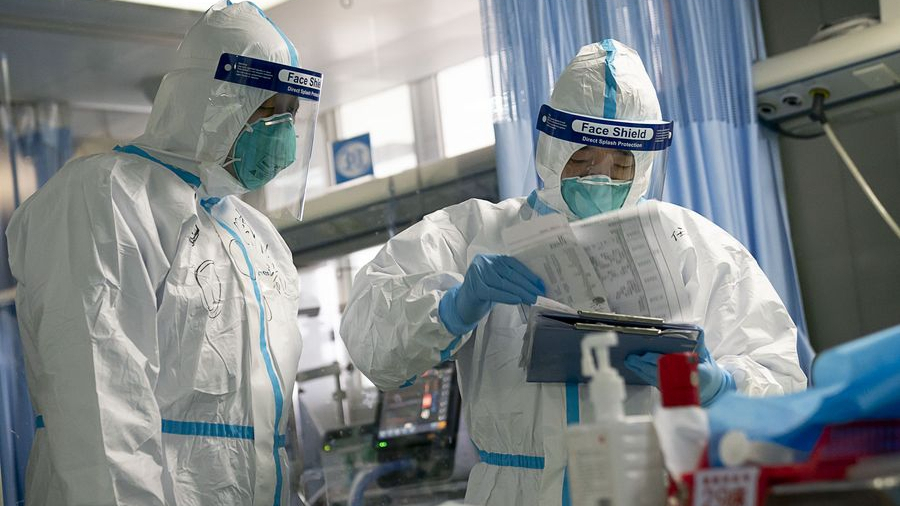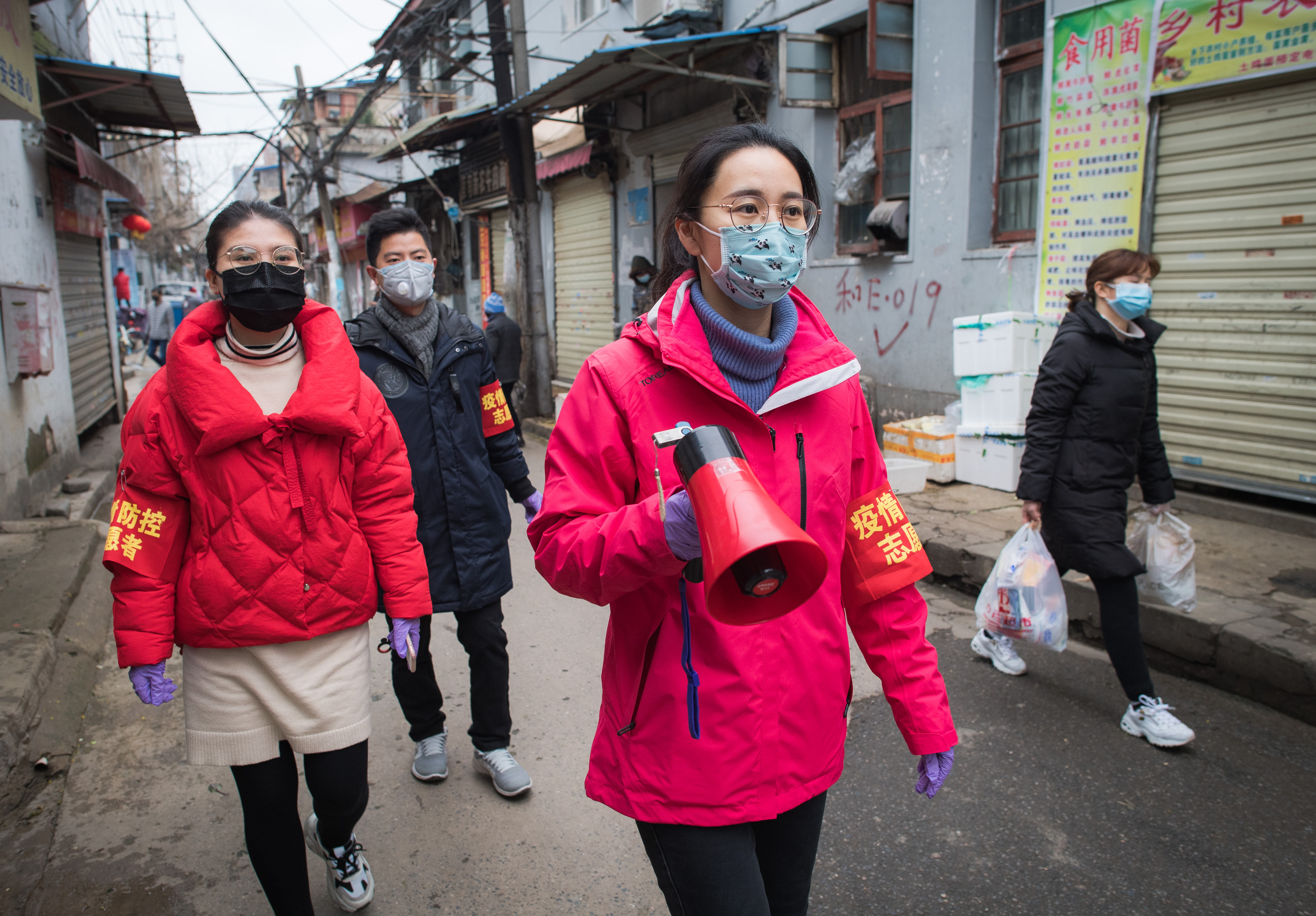05:37

Editor's Note: The COVID-19 outbreak is creating many problems and uncertainties within China and around the world. Sivanka Dhanapala, United Nations High Commissioner for Refugees (UNHCR) Representative in China, shares his views with CGTN on China's response to the situation and the discrimination that Chinese people face. The views expressed in the video are his own and do not necessarily reflect those of CGTN.
CGTN: What is your take on China's management of the current coronavirus outbreak?
Dhanapala: I've been here since the outbreak of the crisis several weeks ago. And I've been very impressed by the overall management of the crisis by government but also by civil society and the public. If you are looking at government responses, the responses have been massive. Looking at the strengthening of surveillance and health care systems. For example, the building of hospitals within days, deployment of medical staff to Hubei Province, which is the epicenter.
Of course, there's also been strong action to limit the spread of the virus. For example, the locking down of a city of 11 million people like Wuhan. This could be achieved in very few other countries. So that has been impressive. Also, the self-discipline of people who have been self-quarantining and self-isolating in order to stop the spread of the virus.
There's also been a very good dissemination program, sharing of information on the latest developments, and really communicating clearly with the public on preventive actions and so on. This is very, very important in this kind of situation of a public health emergency.
But, equally impressive has been what civil society and the public have been doing. We have been reading about volunteers who ferry medical staff to work. These people are working nonstop since the Spring Festival to ensure that medical supplies are provided to people on the front line in Wuhan City. We are also hearing about volunteers bringing food and essential supplies to the elderly and others who cannot actually go forward and get supplies for themselves. We are reading about overseas students and overseas Chinese sending supplies to China, and those who can't fly back are actually sending the supplies through well-meaning strangers embarking on flights to China. We've had reports of non-governmental organizations, NGOs, sending medical supplies to China – from Belarus, for example, from Japan, from Russia.
And also, looking at the private sector, there are those who are putting their country and their people first. Chinese factories, for example, are delaying business deals, switching their production lines from their staple product to the products that are needed right now – for example, much-needed masks, protective gowns for domestic use and so on. And generally, companies and individuals are donating supplies and money to support the response. This is impressive.

Community workers publicize information on prevention and control of the novel coronavirus on a street near the Yellow Crane Pavilion in Wuhan, Hubei Province, China, February 7, 2020. /Xinhua Photo
Community workers publicize information on prevention and control of the novel coronavirus on a street near the Yellow Crane Pavilion in Wuhan, Hubei Province, China, February 7, 2020. /Xinhua Photo
CGTN: Chinese people have faced discriminatory rhetoric and actions during the COVID-19 outbreak. How does this affect the response to the humanitarian crisis?
Dhanapala: Let me say straight away, this is a time for solidarity, for international solidarity. It is not a time for stigma. For me, when we think about stigma, this is prejudice. And prejudice contributes to forming opinions based on little or no information, or misinformation. Misinformation and rumors create fear and anxiety, be it against refugees or those who are suspected of carrying the virus. Now, if we don't check this, if we don't course-correct, this leads to stigma, discrimination against certain groups of people. These people can wrongly be perceived to be troublemakers, but in reality they are innocent, vulnerable, need help, and are simply victims of circumstance. Stigma and discrimination can lead to the exclusion of people who really need help and empathy. It's important, really important, to focus on the facts, objective fact-based information, and to understand the challenges and find solutions together. We need international solidarity and cooperation to share information expertise. I was mentioning this earlier to pool resources where they are most needed and to make sure vulnerable people get the help that they need. So we really need to come together, as an international community, in fighting the stigma.
CGTN: What would you like to say to inspire or cheer up China and Chinese people right now?
Dhanapala: Firstly, our thoughts are very much with you as we weather this crisis together. We are inspired by your perseverance. The perseverance, the courage, the resilience of the Chinese people in the face of this crisis has been very impressive. We, as the international community, and we here with the UN stand in solidarity with you. Of course, the road ahead may be long and unknown, but we are confident that China can survive this crisis with hope and with optimism. 中国加油,武汉加油.
(If you want to contribute and have specific expertise, please contact us at opinions@cgtn.com.)